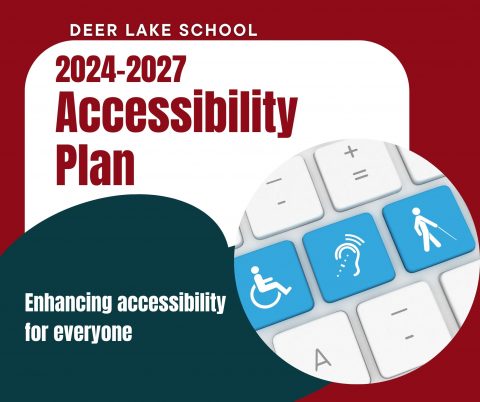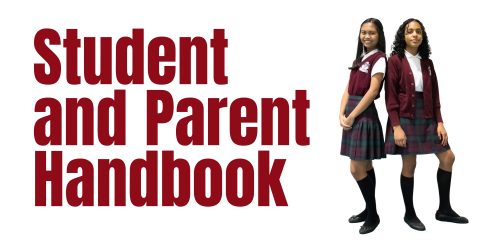DLS Resources

To share any feedback, recommendations or observations about accessibility at Deer Lake School, please email the principal, Mr. Philippe Martin, at admin@deerlakeschool.ca
3-Year Accessibility Plan 2024-2027
Harassment and Bullying Prevention Policy
Raising Digitally Responsible Youth-A Parent's Guide from Safer Schools Together
2024-2025 Secondary Course Selection Guide
Educational Resources
- library.deerlakeschool.ca (Destiny Quest) - search our books online
- SparkNotes.com - today's most popular study guides
- homeworkhotline.com - homework help in almost everything
Adventist Resources
Directory of Seventh-day Adventist Churches Partnering with Deer Lake School
ABC Christian Store: What is the ABC Christian Store? Well, it's kind of a Christian book store and it's kind of a health food store. Christian books and health food, what do these things have in common? They're all about lifestyle. Seventh-day Adventists have a distinctive lifestyle. The purpose of the ABC Christian Store is to support that lifestyle.
Adventist Review: In print for more than 150 years, the Adventist Review is the flagship journal of the Seventh-day Adventist Church. The Online Edition features selected articles and news from the magazine and also offers some web-only features. You can also subscribe online.
